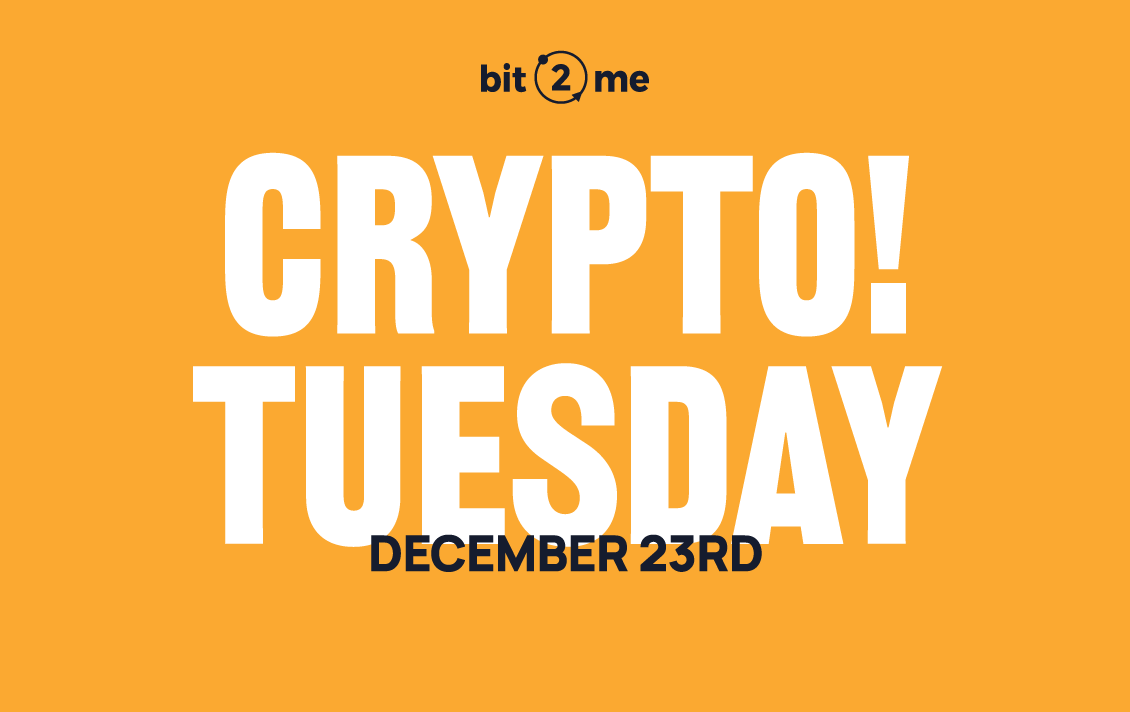You may have noticed that we are a bit early this week, but we couldn't wait to share all the exciting things happening in the crypto world.
Without further ado, here are the 3 most interesting news stories of the week:
The world's largest bank bets on Bitcoin and Ethereum
The Industrial and Commercial Bank of China (ICBC), the largest banking entity in the world, believes that Bitcoin and Ethereum are the future of value.
ICBC states that Bitcoin is "digital gold" and that Ethereum will be the equivalent of oil in the future.
Bitcoin maintains scarcity through mathematics, solving divisibility and authenticity problems, making it a very strong asset.
Ethereum is constantly working on improving its infrastructure and technology, strengthening its security, scalability, and sustainability, laying the foundation for a digital future.
With 1.4 billion people, China is one of the markets with the greatest growth potential for the crypto sector, and the adoption of cryptocurrencies in China could lead to their global use.
Cardano faces the biggest change in its history
Cardano will implement its next Hard Fork this June, ushering in the new era of the blockchain, Voltaire.
The eras of Cardano are phases that enhance the network's functionalities and scalability. Each era focuses on aspects such as decentralization, smart contracts, and decentralized governance, making Cardano a robust and efficient blockchain for decentralized applications.
Voltaire is the final step towards complete decentralization, leaving the future development of Cardano in the hands of its community, establishing a new treasury system that will incentivize user participation.
Coin of the week: ROSE
ROSE, the native token of the Oasis Network protocol, has grown by more than 10% in the past week and nearly 50% in the last 30 days.
ROSE has managed to maintain an upward trend this month, thanks to a strong increase in institutional demand, with investment firms like Grayscale requesting the creation of a "privacy ETF" led by ROSE.
ROSE is also trending due to its recent partnerships with Google Cloud and Meta, which will implement its privacy features into their own infrastructures.

 Author
Author


